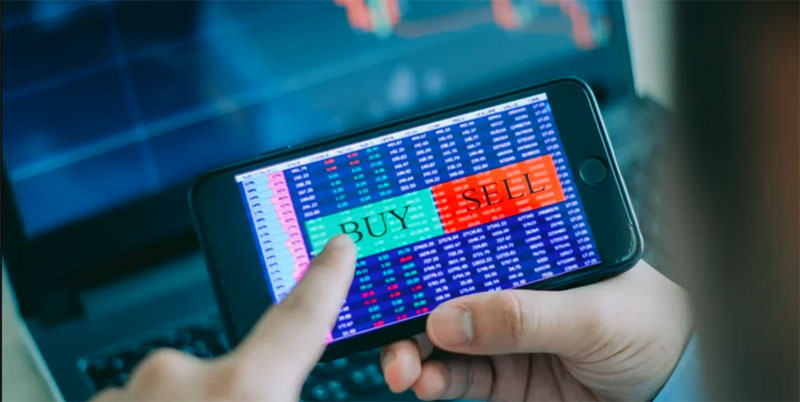How do market orders and limit orders differ, and which one is preferable to use?
Nov 26, 2022 By Triston Martin
There are two main ways to carry out a trade when a buyer or seller has placed an order:
Your order will be placed "at the market." A market order is a purchase or sale that is placed to have it executed immediately at the going market price.
Put in a "maximum" request: By specifying an upper and lower limit for your purchase or sale price, a Market order vs. limit orders allow you to control your risk.
Purchasing shares of stock is like shopping for a car. You must pay the dealer's sticker price if you want a car. A second option is to negotiate a price with the dealer and hold off on finalizing the sale until they agree to your terms. Similarly, the stock market operates.
The fulfillment of orders is contingent upon the availability of said items.
An order placed with a market intent is to be executed immediately at the going market price.
With limit orders, you specify the highest or lowest price at which you're willing to complete a buy or sell.
Although market orders have a higher success rate, they still need to be guaranteed to go through because they depend on stock availability.
It's Important to Know the Difference Between Market and Limit Orders

Retail Orders
The average person's mental image of a stock market trade includes a market order. Simple buy and sell orders are executed by a broker at the current market price after receiving a purchase or sell order for a security.
An investor places an order "at the market" to buy 100 shares of XYZ Inc. Since the investor specifies that the deal should be executed at the current market price of XYZ shares, the order will be filled at that price in a short amount of time.
There is no assurance that a deal will go through, even though the odds are higher with a market order. The timing, size, and liquidity of an order can significantly impact the price of a stock trade, as well as other factors in the stock market.
Clearly outline the priorities that should be followed.
All orders are being fulfilled according to the current priority standards. The risk of market movement between the time an order is made and the time it is executed is present whenever a market order is placed. Larger orders are of particular concern since they take longer to fill and, if sufficiently large, can move the market independently. Individual stock trading can be delayed or suspended at times as well.
Get some experience in the market by exchanging virtual currency.
Traders who want more say in the purchase and sale prices at which their orders are executed can benefit from using limit orders. A maximum allowable purchase price must be decided upon before a purchase order may be placed. Meanwhile, sales orders must include a minimum selling price below which they will not be processed.
With a limited order, you may be confident that you'll get into or out of the market at the best possible price. Limiting orders can be instrumental when trading in low-volume stocks, highly volatile assets, or stocks with a large bid-ask spread.
Let's examine an illustration.
An investor may want to use a limit order if they are concerned about paying a higher price for XYZ shares but feels it is possible to obtain them at a lower price. If XYZ falls to the lower price or below throughout the trading day, the order will be triggered, and the investor will have purchased XYZ at the lower price or below the stated limit order price. Of course, this also means that the investor's order will only be filled if the closing price of XYZ is higher than the limit price specified by the investor.
Conditions Unique

An investor runs the risk of having a limit order executed only if the prevailing market price is at or below the limit order's specified range. One alternative scenario is that the desired price is obtained, but there needs to be more stock on hand to fulfill the order when the time arrives. Due to the price constraint imposed by a limit order, it is possible that the order will only be partially filled, if at all.
Brokerage fees can be higher for limit orders since they are more difficult to execute than market orders. However, it may be challenging to ascertain the actual price, making limit orders an exciting choice, with meager volume stocks not listed on major exchanges.

Aug 18, 2022 Susan Kelly

Dec 05, 2022 Susan Kelly

Oct 24, 2022 Triston Martin

Sep 13, 2022 Triston Martin

Dec 04, 2022 Susan Kelly

Jul 13, 2022 Susan Kelly